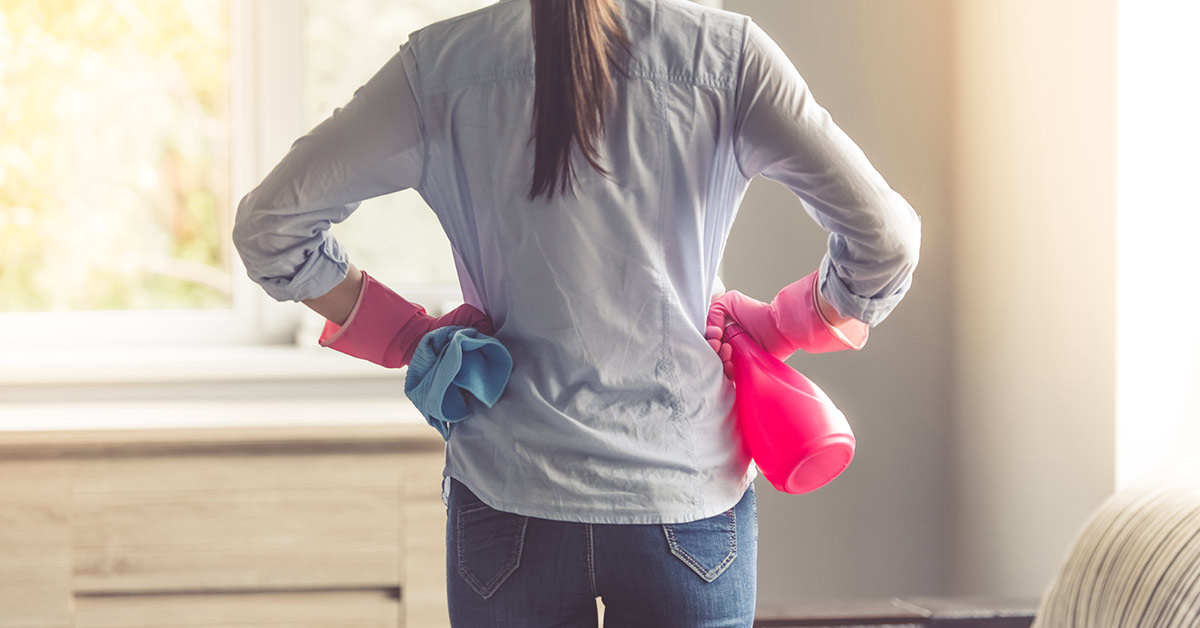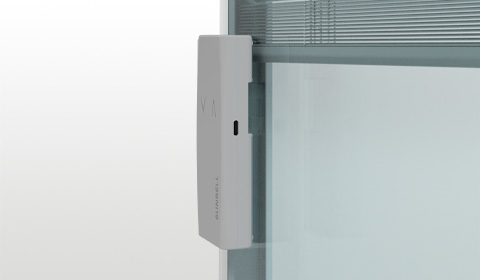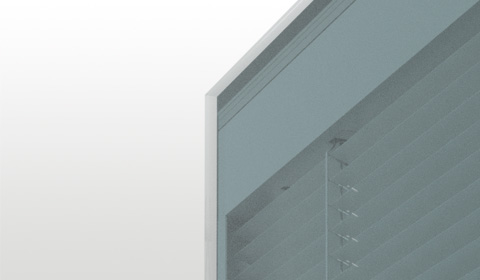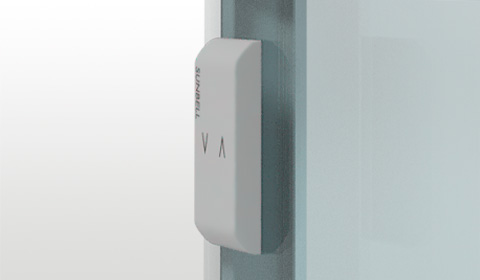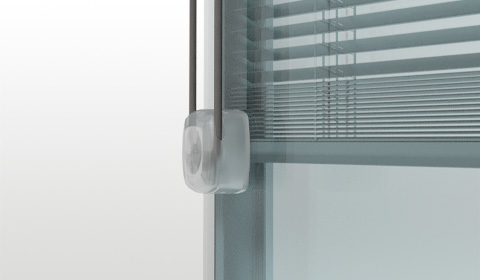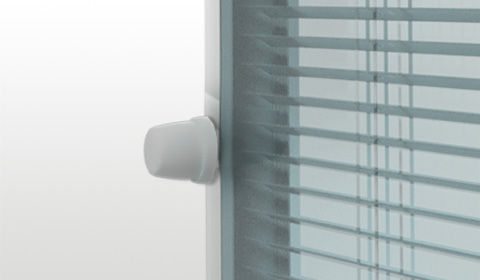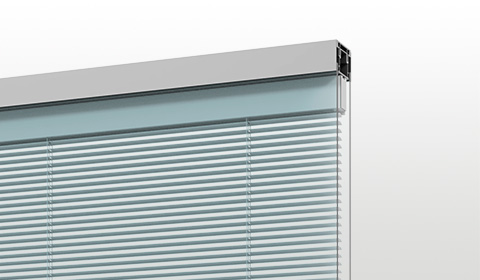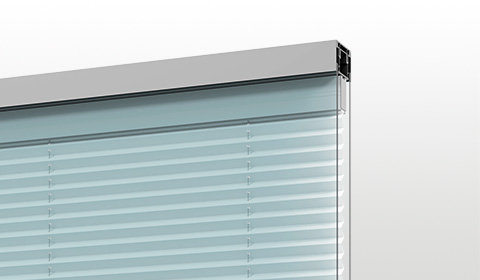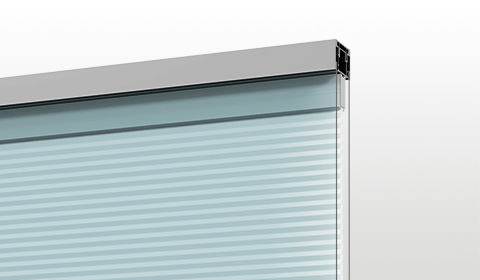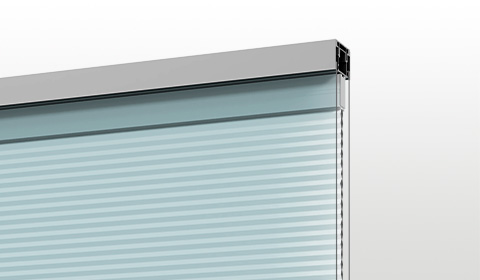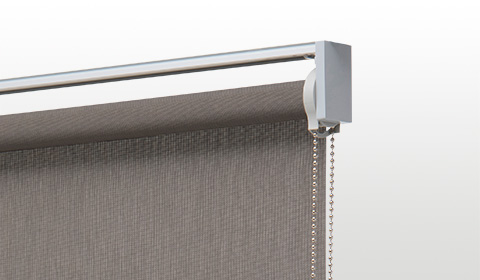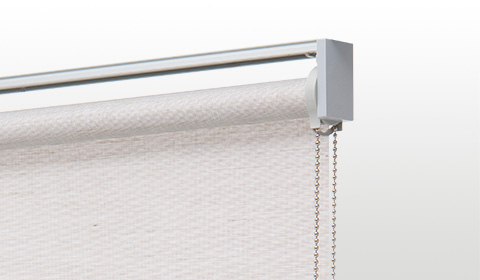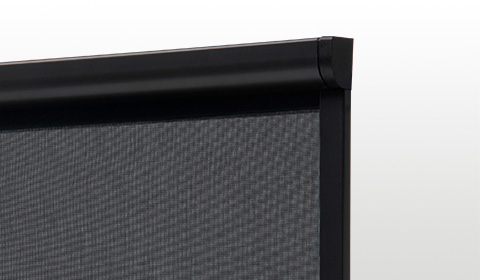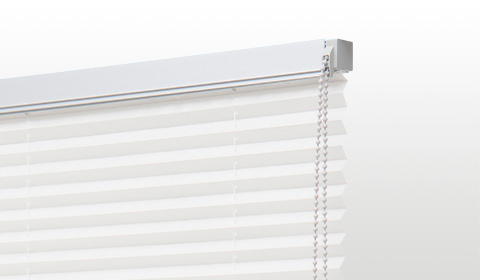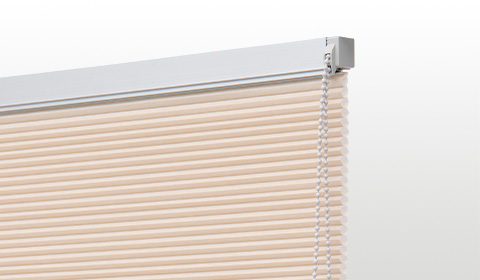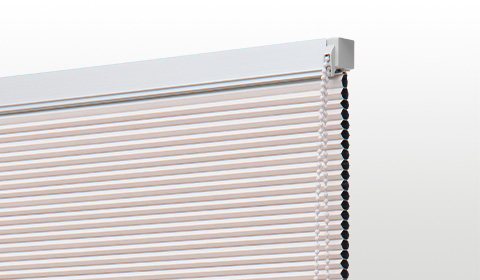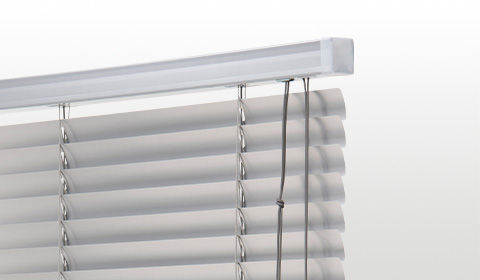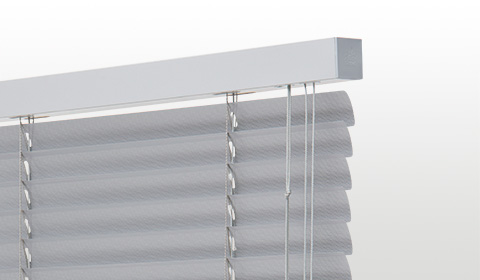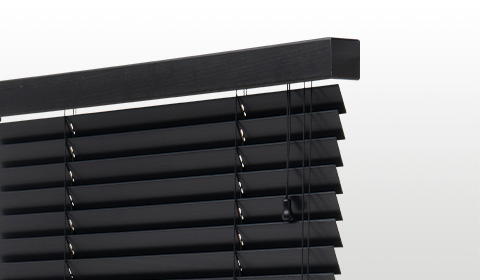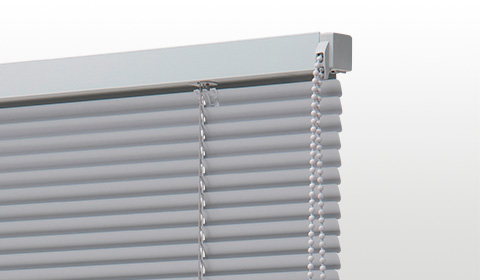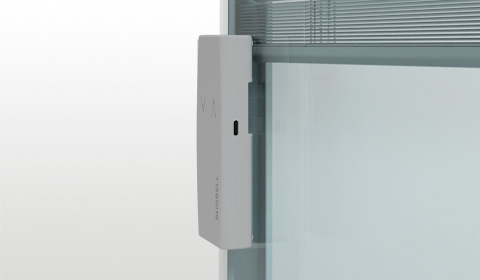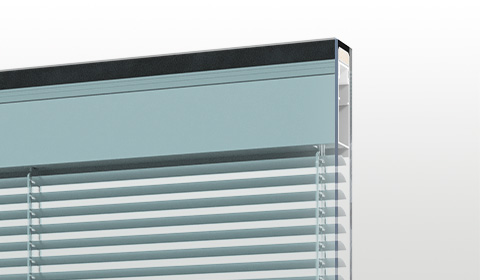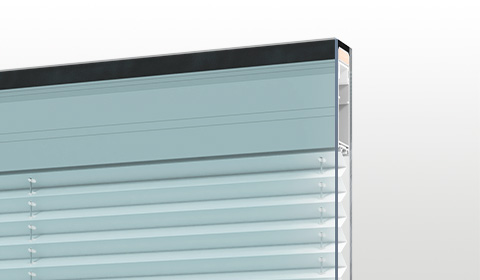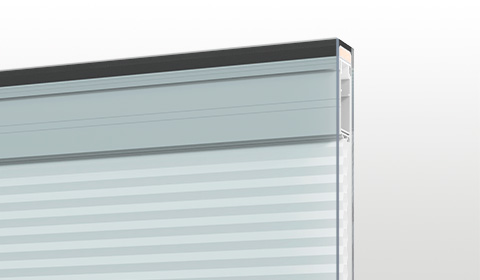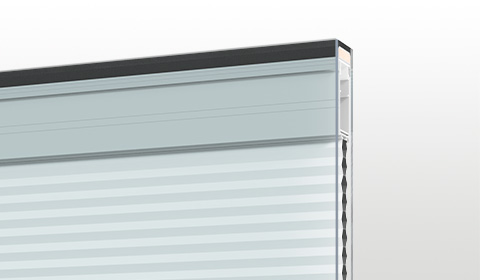When we refer to indoor pollution, we usually think about something that would never be present inside our homes.
Polluting agents can actually enter our home in several ways: some of them are carried by the wind when we open our windows, whereas others are brought in by us and we don’t even realise it.
Without noticing it, we bring inside our home many polluting agents, especially through our clothes.
However, allergens and polluters are often already present inside our houses, like dust on furniture, animal fur or even the smoke from our cigarettes, candles, incense, fireplaces, and stoves for example.
| Sources | Pollutants |
|---|---|
| Gas or carbon combustion processes for heating or cooking, fireplaces and wood stove, exhaust gas | Combustion products (CO, NOx, SO2, particulates) |
| Construction materials and insulants | Asbestos, artificial glass fibers, particulates, radon; biological agents (for the presence of humidity and/or dust) |
| Covering materials and moquette | Formaldehyde, VOC and biological agents (for the presence of humidity and/or dust) |
| Furniture | Formaldehyde, acrylate, VOC and biological agents (for the presence of humidity and/or dust) |
| Cleaning products | alcohols and phenols, VOC |
| Photocopying machines | Azone (O3), toner dust, Volatile Organic Compound (VOC) |
| Cigarette Smoke | Polycyclic aromatic hydrocarbon, VOC formaldehyde, CO, particulates |
| Air conditioning systems | CO2 and VOC (due to lack of periodical changes, or extended use), biological agents (for lack of maintenance, cleaning) |
| Dust | Biological agents (indoor allergens, acarus) |
| People | CO2 and biological agents (batteria, viruses, etc) |
| Animals | Indoor allergens (fur, etc) |
| Natural sources (lava, tuffs, granite. etc) | Radon |
It’s very difficult not to generate pollution inside your house, but some tips can help you reduce the problem.
Here you can find our suggestions to minimize the amount of pollution in the environment inside your house.
Open your windows
The right ventilation can improve the quality of the air we breathe inside the house and enables fresh new air to come in.
When it’s not too cold and is not yet pollen season, open up your windows to allow a beneficial change of air.
Did you know that the smoke from your fireplace is also considered a polluting agent?
Without a doubt, the flames of your fireplace provide you warmth as well as a relaxing feeling; however, make sure you ventilate your home as soon as you have a chance.
Don’t smoke in the house
You should give up the habit of smoking inside your house. Smoking is harmful to smokers as well as for other people around them and can cause respiratory problems.
The smoke’s particles, as well as being present in the air, will deposit themselves on fabrics and carpets, becoming a danger also for the health of your kids as they often play on the floor.
Trying to cover up the smell with air deodorants like scented candles, incense, and other fragrances might worsen the situation as these products can cause asthma attacks to some people.
Bathe domestic animals
If you have domestic animals, you should bathe them often to reduce the possibility of their fur causing allergies.
It’s also advisable to keep them out of the bedroom.
Use a hoover instead of a broom to clean their fur to avoid spreading them around the house.
Use hoods, aspirators, and dehumidifiers
A good solution to reduce the pollution inside your home is to use an aspirator in the kitchen to remove all the fumes created by cooking and also aspirators in the bathroom to get rid of steam.
Make sure that they have an external vent as this will prevent from dirt gathering on the internal one.
When you can’t open up the windows, turn on your air conditioning on the ventilation settings making sure that the system has a clean filter.
Keep low the level of humidity by using dehumidifiers to reduce the risk of mold.
Remember to change the filters often especially if you notice more humidity or fumes in the house and during the pollen season.
Another good habit is to check the heating, ventilation and air conditioning systems periodically.
Use a doormat and avoid carpets
Cleaning your shoes at the door on the mat can considerably reduce the polluters that we bring inside our homes.
Even better would be to introduce the habit of taking your shoes off before entering the house.
With regards to carpets, it will be advisable not to use them if possible, as they can easily gather polluting agents like dust mites, animal fur, mold spores, and other dirt.
Dust and clean your floors often
Daily dusting and sweeping are very important to avoid the deposit of dust for long periods of time in your house.
Even in this case, we have a little advice for you.
Use a hoover as a broom would gather less dust and it might in fact spread it around.
Use microfiber cloths for your furniture as they will trap inside them all the dust from the surfaces.
Store your chemical products safely
Cleaning products can be another source of indoor pollution, as their strong chemical agents can release fumes that can irritate your nose, mouth lungs and skin.
If possible, you should store solvents, glues, and pesticides outside your home or you should use natural cleaning products such as vinegar and sodium bicarbonate.
Avoid curtains
Fabric curtains, as well as carpets and rugs, can gather dust and allergens, becoming the perfect habitat for dust mites.
If you use this kind of solution for your windows, you should wash them often very thoroughly.
On top of the work needed to detach them, you’ll also have to clean them and iron them before putting them back.
In case you decided to take them to a dry cleaner this could become a periodical expense, almost a fixed cost for your family budget.
Nowadays, on the market, there are window treatments capable of getting rid of these problems, so why not choosing a practical solution like inside double glazing Venetian blinds?
This type of blinds will give you, with just simple and periodical cleaning, good protection against dust allergens as your blind will be sealed inside the double glazing.
Conclusions
As we have seen, it’s very important to protect your home from indoor pollution as much as from the outdoor one.
It won’t always be possible to eliminate all polluting agents around us, but the simple precautions we suggested will undoubtedly reduce their presence in your house.

